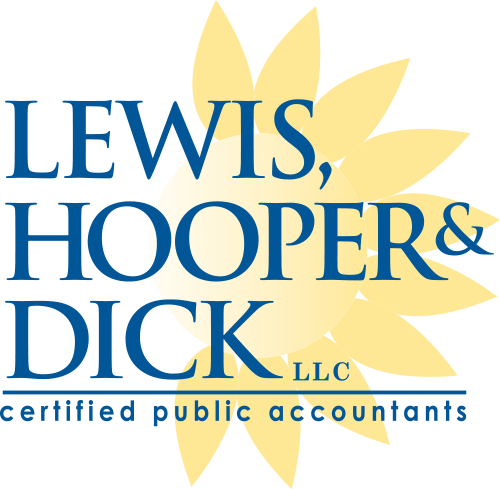IRS Releases Anticipated Guidance Regarding PPP Loans and Expense Deductibility
On November 18, the Internal Revenue Service (IRS) released Revenue Ruling 2020-27 and Revenue Procedure 2020-51. The two releases offer clarification regarding the non-deductibility of expenses that contribute to the forgiveness of loans from the Paycheck Protection Program (PPP). Author Sally Schreiber breaks down the contents and significance of the two releases in an article from the Journal of Accountancy.
Background
The Coronavirus Aid, Relief, and Economic Security (CARES) Act established the PPP program to support qualifying businesses through the coronavirus pandemic via forgivable loans. Loan recipients are permitted to use loan funds to cover a variety of expenses including payroll costs, payment of mortgage interest, rent, and utility payments. Section 1106(i) of the CARES Act excludes forgiven PPP loan amounts from gross income.
In a May 2020 follow-up notice, the IRS clarified that PPP loan recipients may not deduct expenses whose payments result in PPP loan forgiveness. This is an area not directly addressed by the CARES Act. The American Institute of Certified Public Accountants (AICPA) has voiced the opinion that the IRS clarification is counter to the intent of the CARES Act authors.
Revenue Ruling 2020-27
This ruling “addresses the issue of borrowers who pay expenses in 2020 but whose PPP loan is not forgiven until 2021.” It offers two scenarios to illustrate how the IRS expects loan recipients to handle PPP-eligible expenses, citing Sec. 265(a)(1). Both scenarios determine that the deduction of expenses is inappropriate. The tax bureau concludes that “the fact that the tax-exempt income may not have been accrued or received by the end of the taxable year does not change this result because the disallowance applies whether or not any amount of tax-exempt income in the form of covered loan forgiveness and to which the eligible expenses are allocable is received or accrued.”
Revenue Procedure 2020-51
This procedure “provides a safe harbor for PPP borrowers that have their loan forgiveness denied or who choose not to request loan forgiveness.” In the event that previously anticipated PPP loan forgiveness does not happen, this revenue procedure offers a path for taxpayers to retroactively deduct some or all of the expenses that they previously did not deduct because they expected to have their PPP loan forgiven. This procedure goes into effect with the 2020 tax year.
For further details, click here to read the article in full at the Journal of Accountancy.
